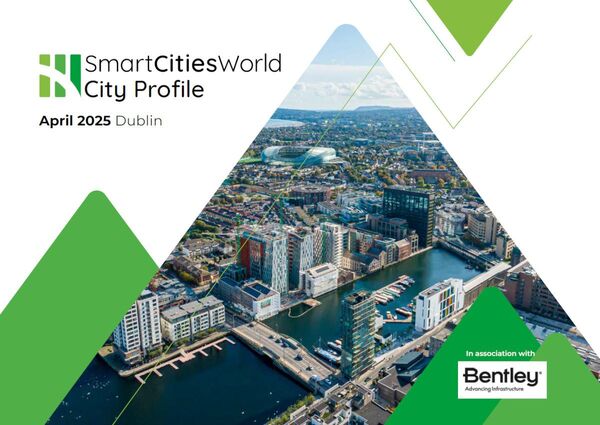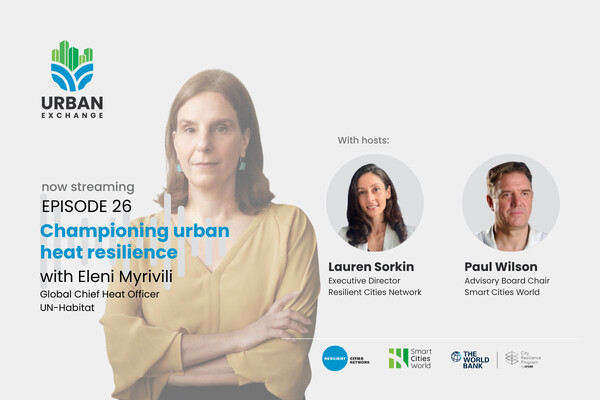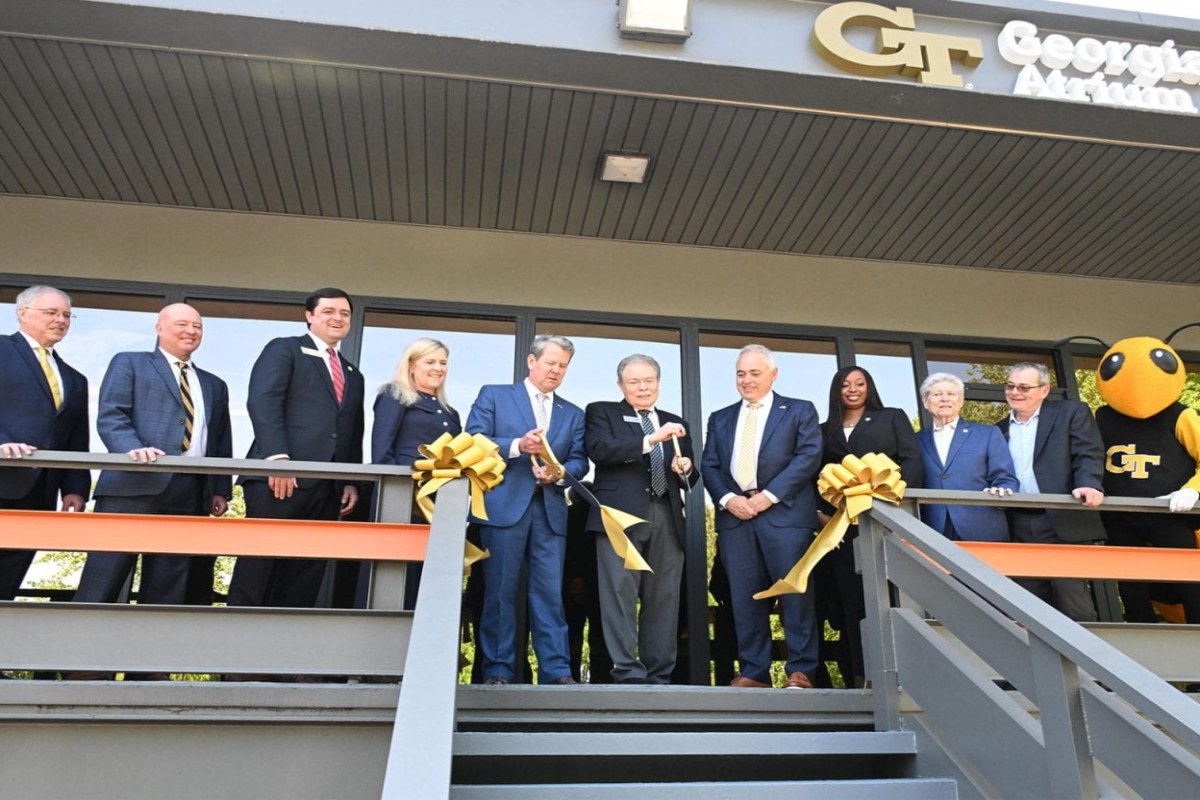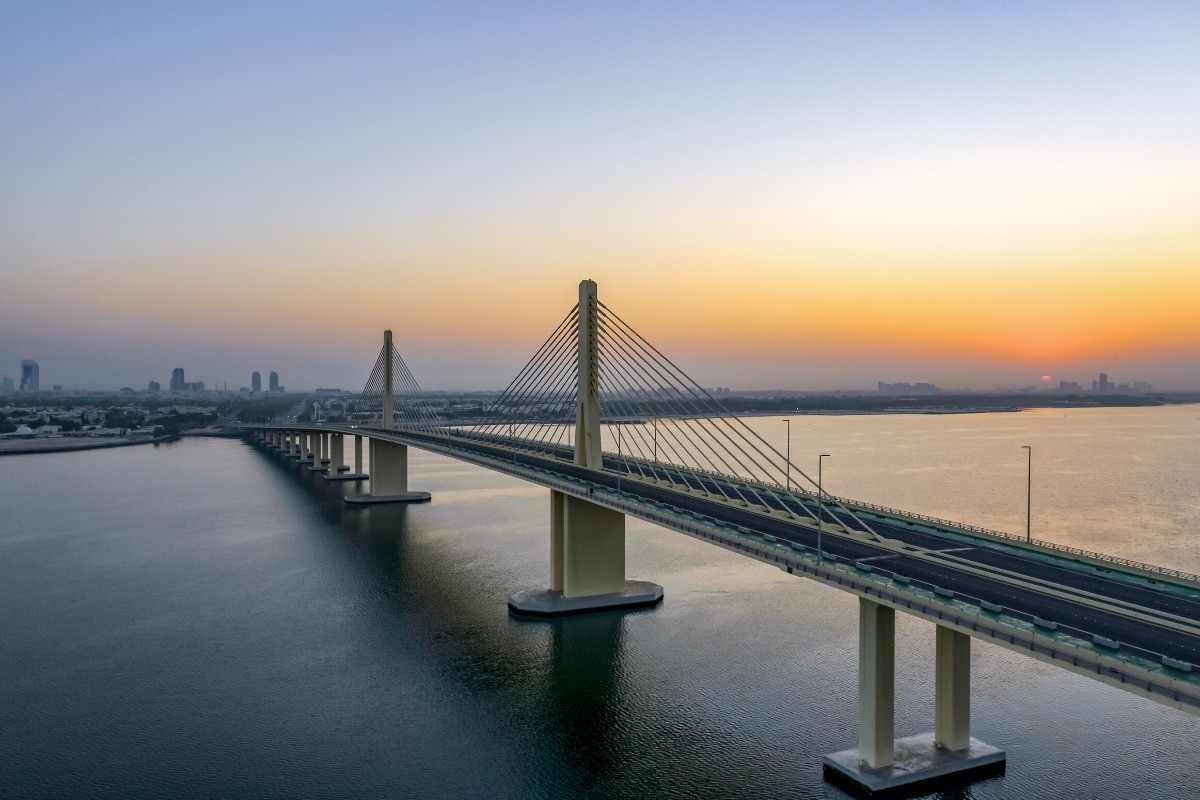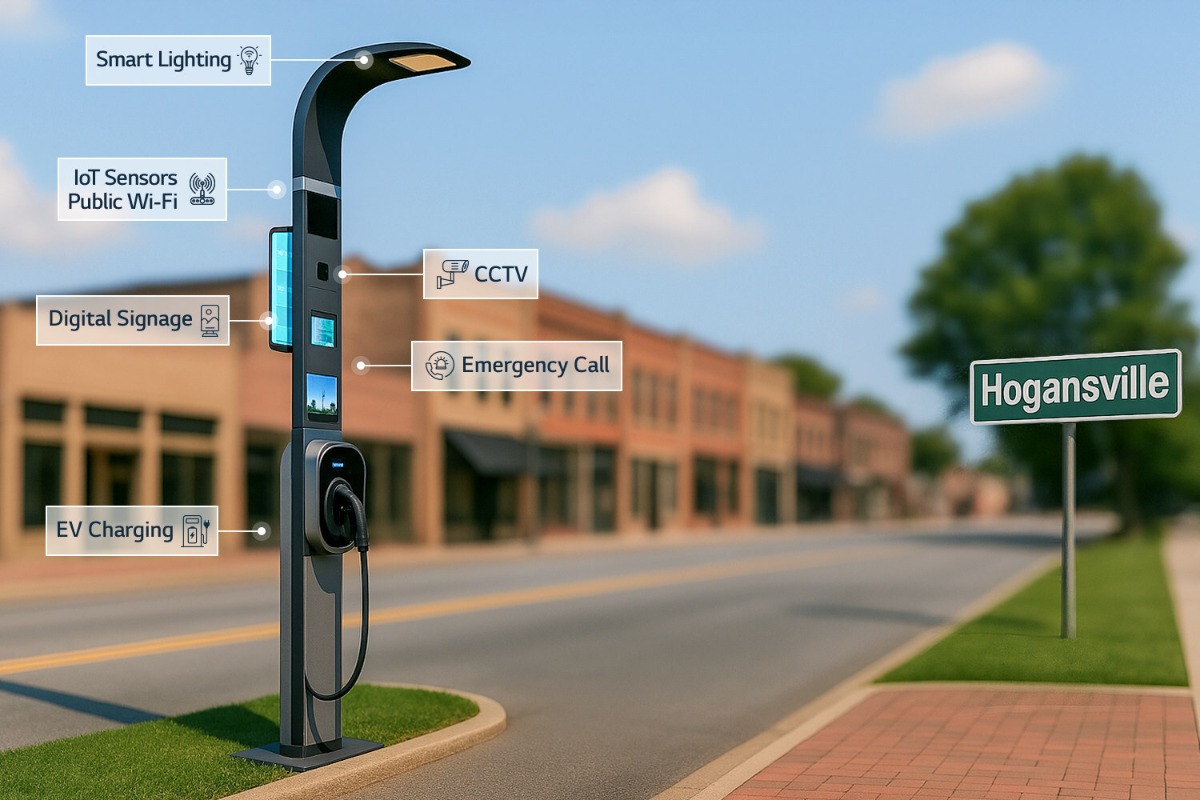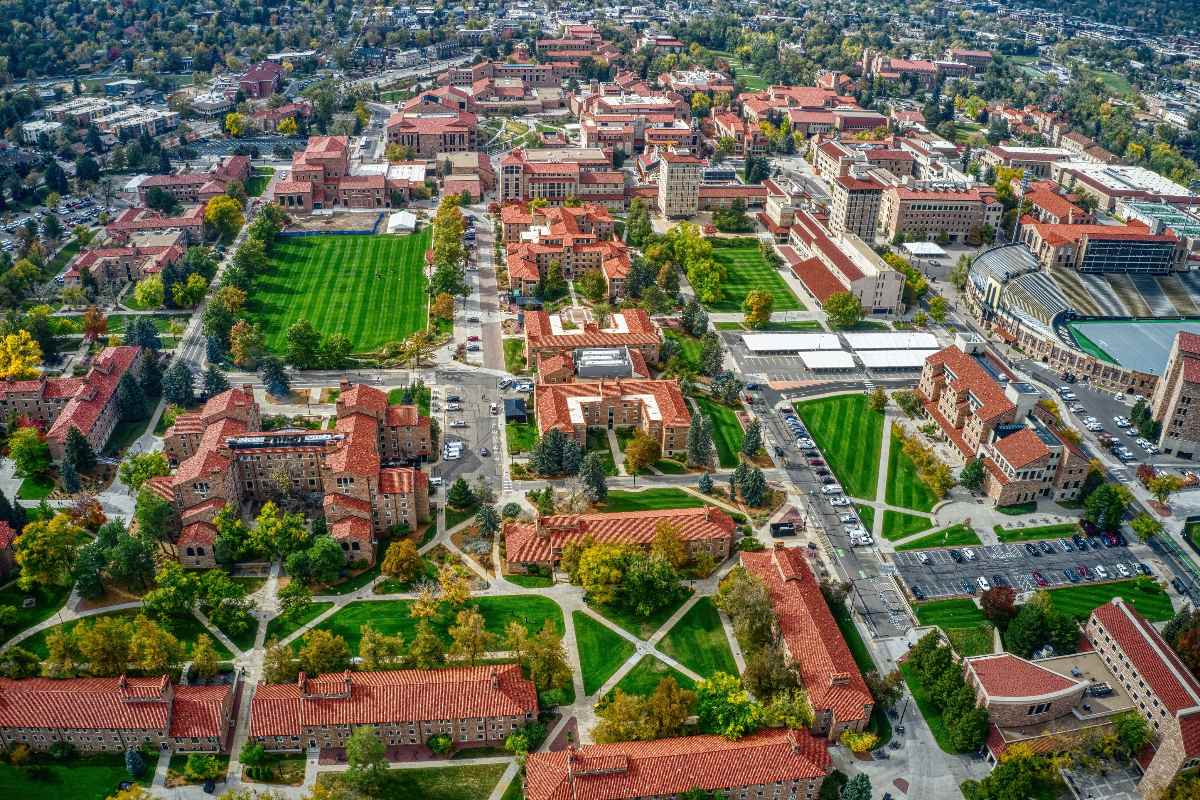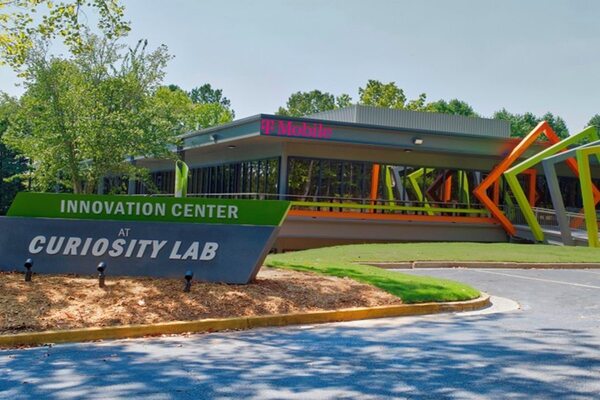Special Reports
SusHi Tech Tokyo 2024: experience ‘Tokyo 2050’ todaySponsored by The SusHi Tech Tokyo 2024 Showcase Program Executive Committee
Sidewalk Labs shuts down Toronto smart city project
Google affiliate blames coronavirus and economic uncertainty for closing controversial and delayed smart city
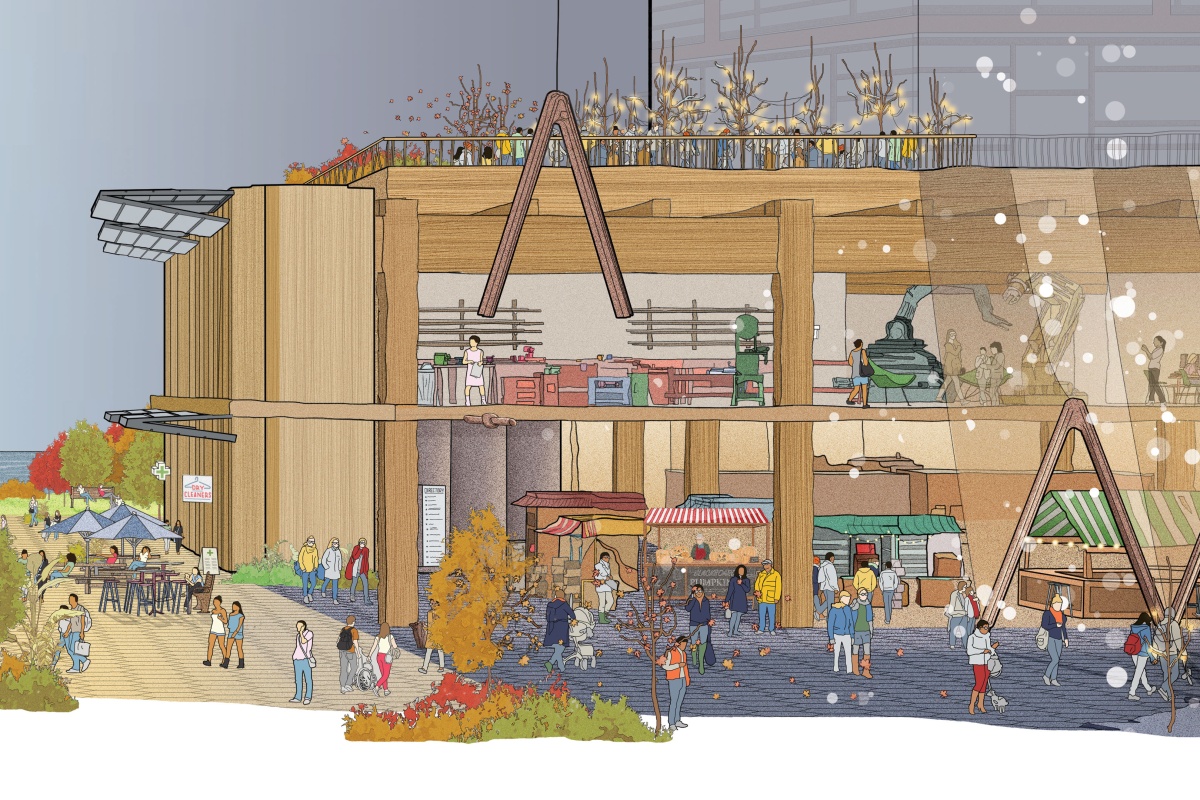
Google affiliate Sidewalk Labs has shelved its controversial Toronto smart city plans, citing the impact of coronavirus and "unprecedented economic uncertainty".
The abrupt announcement marks the end of a project that had been delayed several times and received strong criticism in some quarters from citizens and privacy campaigners to its own advisors.
The project, dubbed Quayside, had aimed to transform Toronto’s Waterfront area into a smart city delivering the likes of autonomous cars, intelligent rubbish collection, smart air quality measurement and heated streets.
Waterfront Toronto, which was created by the governments of Canada and Ontario and the City of Toronto to oversee the project, had planned to hold a vote in June as to whether to progress with the smart city project in light of the coronavirus pandemic. This vote was originally due in March but was then delayed several times.
Sidewalk Labs CEO Daniel L. Doctoroff said in a Medium post on Thursday: "As unprecedented economic uncertainty has set in around the world and in the Toronto real estate market, it has become too difficult to make the 12-acre project financially viable without sacrificing core parts of the plan we had developed together with Waterfront Toronto to build a truly inclusive, sustainable community."
Looking to the future
Sidewalk Labs’ decision appeared to surprise Waterfront Toronto, which described it as "not the outcome we had hoped for". Waterfront Toronto Board Chair Stephen Diamond said: "Quayside remains an excellent opportunity to explore innovative solutions for affordable housing, improved mobility, climate change, and several other pressing urban challenges that Toronto — and cities around the world — must address in order to continue to grow and succeed."
"The current health emergency makes us feel even more strongly about the importance of reimagining cities for the future"
Doctoroff also tried to put a positive spin on the decision, pointing to how Sidewalk Labs had started work in urban mobility, next-generation infrastructure and community based healthcare, as well as invested in robotic furniture and digital electricity start-ups.
He said: "While we won’t be pursuing this particular project, the current health emergency makes us feel even more strongly about the importance of reimagining cities for the future.
"I believe that the ideas we have developed over the last two-and-a-half years will represent a meaningful contribution to the work of tackling big urban problems, particularly in the areas of affordability and sustainability. This is a vital societal endeavour, and Sidewalk Labs will continue our work to contribute to it."
Beset by controversy
Since it was first announced in 2017 with the backing of Canadian Prime Minister Justin Trudeau and plans to redevelop 800 acres of Toronto, Sidewalk Labs has come under robust criticism from a number of fronts.
Torontonians started a Block Sidewalk campaign, legal action was launched over citizen rights, and a privacy advisor to Sidewalk Labs resigned in 2018 citing the project’s unacceptable protection proposals for personal data.
While the plans moved to a more formal assessment stage late last year, it came at the cost of a significant scaling back of the project. The amount of land to be initially used was slashed from 190 acres to 12. Any personal information obtained by the development was to remain in Canada and Sidewalk Labs was forced to partner with real estate developers rather than lead construction.
In spite of that progress, Sidewalk Labs was asked by Waterfront Toronto’s Digital Strategy Advisory Panel to justify why digital approaches to citizen and business needs were being prioritised over non-digital ones.
You might also like:
Coders respond to Covid-19 in coding challenge
Global mayors come together to lead Covid-19 recovery task force





